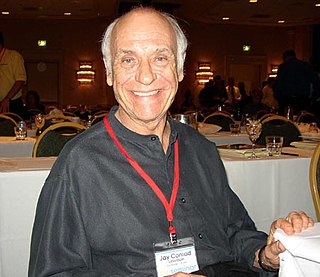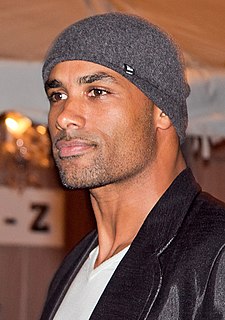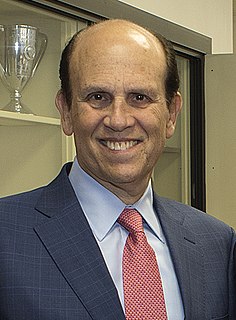A Quote by John Rampton
I've interviewed people where their response was literally one word for everything I asked. This didn't help me get to know them, nor did it sell me on their skill set to help my company achieve its goals. I got nothing from them, which meant I had no way of knowing if they were really a good fit in the company.
Related Quotes
People see everything through a filter of them, of their own selves. And it's like, you can't be depressed because somehow that has something to do with me. And it's like - no, it doesn't. This is my brain. This is my body. These are my emotions. It's got nothing to do with you. You don't want me to get help for whatever reason you don't want me to get help. But I'm out here, and I need to get help.
Being an entrepreneur I love to help people, and I think through the products that we develop in my company, we will be able to help a lot of people. Whether it's help them to get over the difficulties of a technology and use it. Or helping employees, creating new jobs, new opportunities for people that work in my company.
The company that employed me strived only to serve up the cheapest fare that the customer would tolerate, churn it out as fast as possible, and charge as much as they could get away with. If it were possible to do so, the company would sell what all businesses of its kind dream about selling, creating that which all of our efforts were tacitly supposed to achieve: the ultimate product -- Nothing. And for this product they would command the ultimate price -- Everything.
You're missing it. This is not a one-man show. What's reinvigorating this company is two things: One, there's a lot of really talented people in this company who listened to the world tell them they were losers for a couple of years, and some of them were on the verge of starting to believe it themselves. But they're not losers. What they didn't have was a good set of coaches, a good plan. A good senior management team. But they have that now.
I took a dozen of our top managers to Argentina, to the windswept mountains of the real Patagonia, for a walkabout. In the course of roaming around those wild lands, we asked ourselves why we were in business and what kind of business we wanted Patagonia to be. A billion-dollar company? Okay, but not if it meant we had to make products we couldn't be proud of. And we discussed what we could do to help stem the environmental harm we caused as a company. We talked about the values we had in common, and the shared culture that had brought everyone to Patagonia, Inc., and not another company.
When you view marketing from the vantage point of the guerrilla, you realize that it’s your opportunity to help your prospects and customers succeed. They want to succeed at earning more money, building their company, losing weight, attracting a mate, becoming more fit, or quitting smoking. You can help them. You can show them how to achieve their goal. Marketing is not about you. It’s about them. I hope you never forget that.
It was never a goal of mine to become famous. So, I never projected any goals associated with that. But I did have a bunch of goals I wanted to achieve when I was financially able to do so, but they had nothing to do with fame. When I set goals, they're more tangible than becoming famous. You don't build a company or a foundation for fame.
I worked with creative people who were very demanding of me, and they helped me reach performances that I never could have gotten on my own without being pushed and having trust in them. And so I know the best way to get the best performance of an actor, and that's not to coddle them or to baby them. It's to help them; it's to push them.
My contract with mercury PolyGram Nashville was about to expire. And I never had really been happy. The company, the record company, just didn't put any promotion behind me. I think one album, maybe the last one I did, they pressed 500 copies. And I was just disgusted with it. And about that time that I got to feeling that way, Lou Robin, my manager, came to me and talked to me about a man called Rick Rubin that he had been talking to that wanted me to sign with his record company.
So when this opportunity came up through Elisabeth Murdoch and her company Shine, to be an executive producer and actually be part of the show, I liked the idea because I like the word mentor. I don't want to judge someone. I like sharing my knowledge with my girls, and anything they ask me I'll try to do to help them. Any of my real friends who know me, know that's how I really am.


































